
As the trend towards eating more real foods on the bike grows, there more and more questions about eating raw nuts, bars made with bacon and cheese or nut butters while racing or training. So is it time to ditch your energy bars and gels?
Let's look to clarify cycling nutrition and why the average bike racer (not extreme ultra endurance events lasting over 15 hours) should not rely on fats as fuel during and immediately prior to competition.
High Density Carbohydrates
The body uses fatty acids as fuel during low to moderate intensity cycling under 70 percent of VO2 Max. At almost all times the body is using both carbohydrates and fat as fuel. But just because the body uses fat as fuel doesn't mean fat is a good choice to consume during racing and training.
More: 4 Nutrition Secrets for Your First Century Ride
Most average racers are competing in events that range from 1 to 5 hours in duration. Events of this duration will include a lot of intensity and high threshold riding. The higher the intensity of the race, the more you will rely on exogenous carbohydrates, or glycogen as fuel. The percentage of fat used will be dependent on the intensity and duration of the race.
For bike races and hard training, the fuel intake of choice should be high-density carbohydrate foods that are low in fat and protein.
Why Hold the Fat?
It really comes down to gastric emptying time, avoiding GI upset and the ability of the body to utilize fat as fuel during high intensity exercise.
When you eat a meal before a race or training ride, it's important to give yourself time to digest it. If you want to be able to use that food as energy for the race in question, you need time to absorb it too. What you don't want to do is set up a scenario where your muscles are competing with your digestive tract for your body's resources—namely for blood flow.
More: 13 Nutrition Tips for Eating During a Century
When you start exercising, blood is required for your working muscles. Blood is also required for digestion. If you start exercising while you have an undigested meal in your gut, you now have to split that blood between muscles and digestion. You're left with a scenario where both jobs will get done, just not as effectively as they could be, leaving racers with GI upset and heavy legs.
Depending on what your meal consists of, the time to digest and absorb it will differ. For example a meal high in fat, fiber and protein will take longer to digest and absorb than a high carbohydrate dense meal with low fat, fiber and protein. Fat and protein have slower gastric emptying times than carbohydrates.
For a typical pre-race breakfast (events over 90 minutes in duration) most cyclists need 3 to 4 hours to digest 150 or more grams of carbohydrates. Meals should be lower in fat and moderate in protein. After 3 to 4 hours most of the meal will be digested.
As cyclists get closer to race time, let's say an hour out, the focus should narrow to high carbohydrate dense foods low in fiber, protein and fat (potatoes, rice bars, sports drinks, bread and jelly, chews etc.).
- 1
- of
- 2
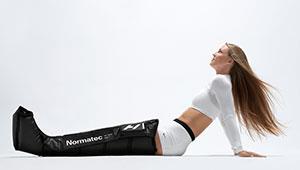
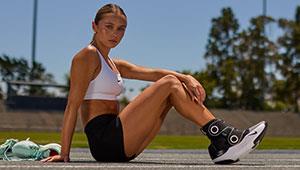

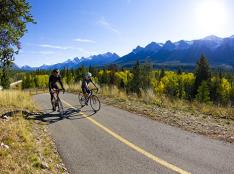


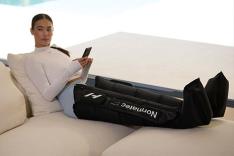
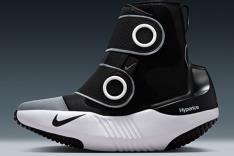
Discuss This Article